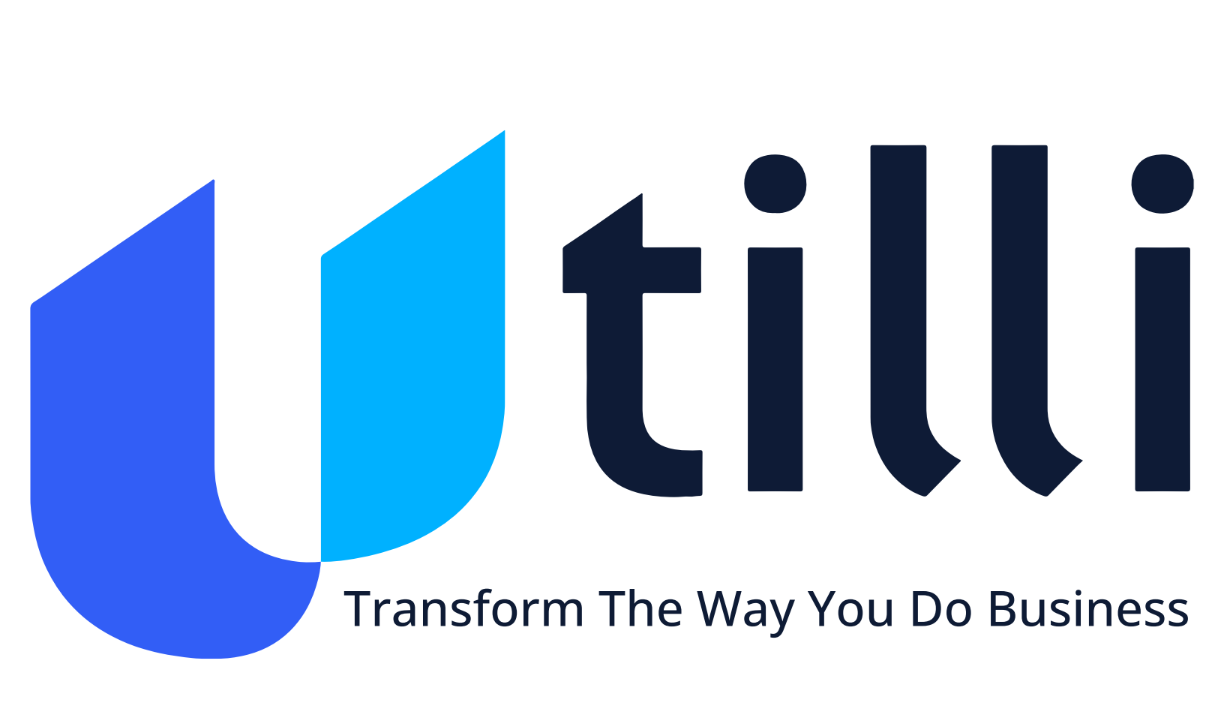Utilities are changing. The industry is shifting from a centralized power supply model to an increasingly decentralized, customer-centric, and digital model. It’s increasingly important that utility companies embrace a holistic digital transformation to entirely take advantage of this paradigm shift.
Why Is It Changing?
For utilities, digital adoption refers to their customers’ ability to participate in and benefit from the new digital tools and technologies that utilities provide. And while the term “digital adoption” has been used in different contexts, it’s particularly relevant for utilities right now.
Why? Because “the grid” is changing. It’s no longer just about generating electricity and delivering it to where people live and work via wires and transformers. Now that energy consumers have a greater choice of providers and services, they have more control over their consumption. This means they’re enabled to play a more active role on the grid — and smart technologies are making that an attractive option.
As a result of these trends, customers are demanding new services from their utilities (e.g., smart home devices) that allow them to consume energy differently. Ultimately, this means that utilities change how they interact with customers and provide more personalized experiences.
In addition to keeping up with their digital infrastructure and implementing new technologies as they become available, utility companies also need to look ahead and change their business models to meet the challenges of modern energy consumption, which is becoming more and more ubiquitous.
They’re doing this by making their operations more agile, focusing on customer service, and engaging customers in new ways. For example, instead of treating customers as passive consumers waiting for power to be delivered to them by way of a centralized grid (which is how it used to work), utilities invite customers to participate in a two-way conversation about how energy is delivered. They’re also getting creative about who owns the distribution networks that provide electricity and how those networks are managed.
Today’s utility companies that are agile, adaptive, and customer-focused will thrive in an era where the rules are changing fast.
It’s no longer a question of whether or not to transition your business practices away from paper-based and manual systems, but rather how best to do it. There are many reasons behind this shift, all of which have implications for utility companies around the country and across the globe.
You’ve probably heard of prosumers—they’re consumers who are also producers. Think people with solar panels on their home or an electric car or two. We do what we can to generate power for ourselves, but we still need power from a utility company when it’s dark outside or when we need to charge an electric vehicle.
You may not have heard of distributed energy resources (DERs), such as solar panels on rooftops that send energy back into the grid. The problem with DERs is that they don’t easily integrate with existing utility systems—and this is where digital technology comes in.
One way we can help utilities manage DERs is through the digitalization of the control room (read more about that here). By moving away from paper-based processes, control room operators can quickly see which parts of the grid are being actively used and which ones aren’t, which allows them to optimize their systems while giving customers what they want by giving them access to their power usage.
In a world where we can use our phones to unlock our cars, unlock our homes, and even unlock the doors at our offices, it might be time for utility companies to get on board and enter the digital age.
If you’d like help with the digitalization of your legacy infrastructures, we’d love to chat.
Product
Nudge
tilliX
Monay
Industries
Utilities
Banking & Finance
Telecommunications
And more...
Company
About Us
Careers
Services
Resources
Case Studies
Blog
Support
Request a Demo
Start Free Trial
Contact
Developers
Monay
Documentation
API Reference
Nudge
Documentation
API Reference

Follow Us On Social:

Product
Nudge
tilliX
Monay
INDUSTRIES
Utilities
Banking & Finance
Telecommunications
And more...
Company
Services
Resources
Case Studies
Articles
Support
Request a Demo
Start Free Trial
Contact
Developers
Monay
Documentation
API Reference
Nudge
Documentation
API Reference
Follow Us On Social



 Shabbir Gilani
Shabbir Gilani
 Shahid Husain
Shahid Husain Raja Gopal Vemuri
Raja Gopal Vemuri Ali Saberi
Ali Saberi